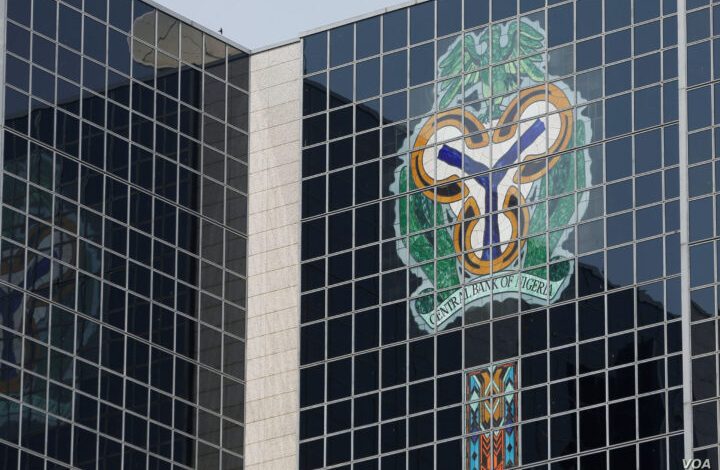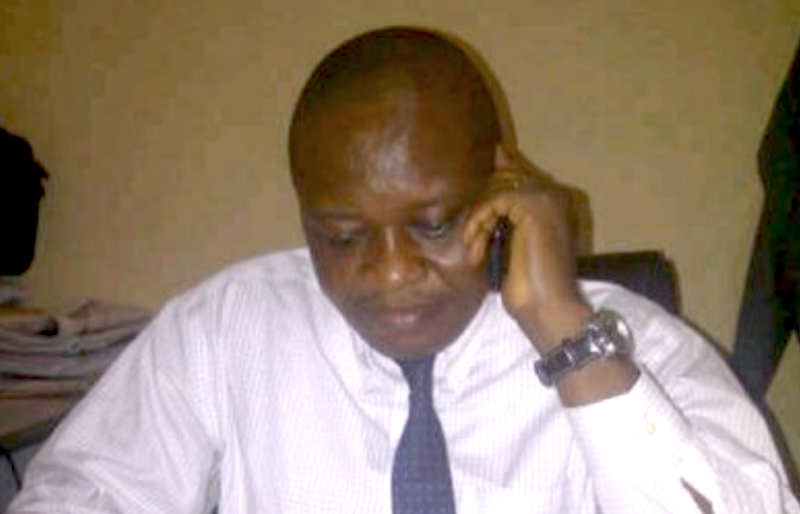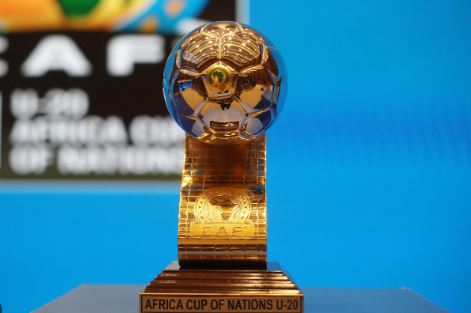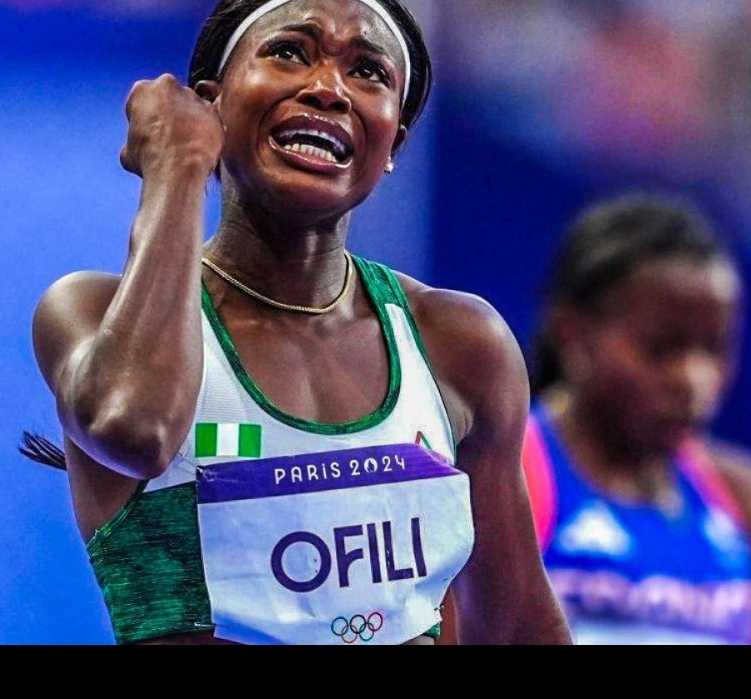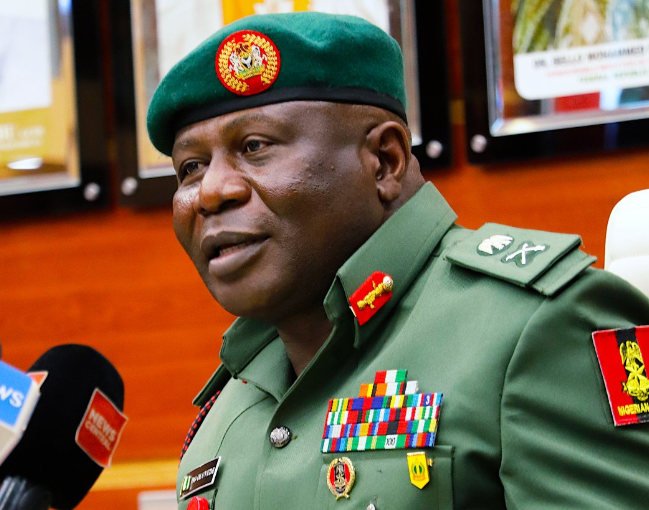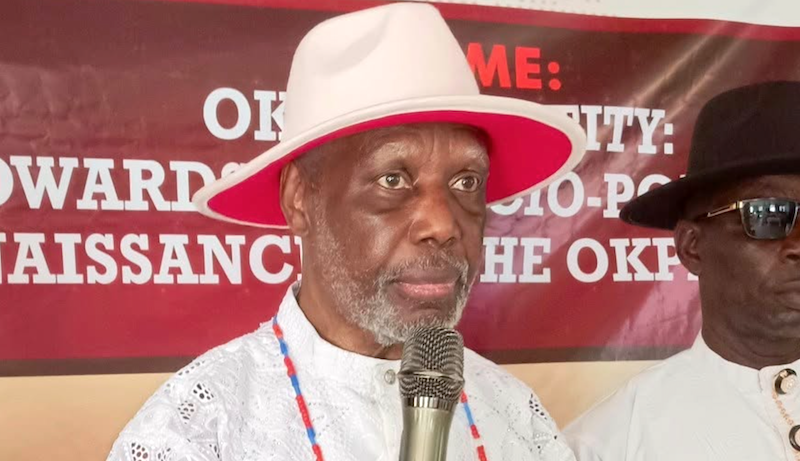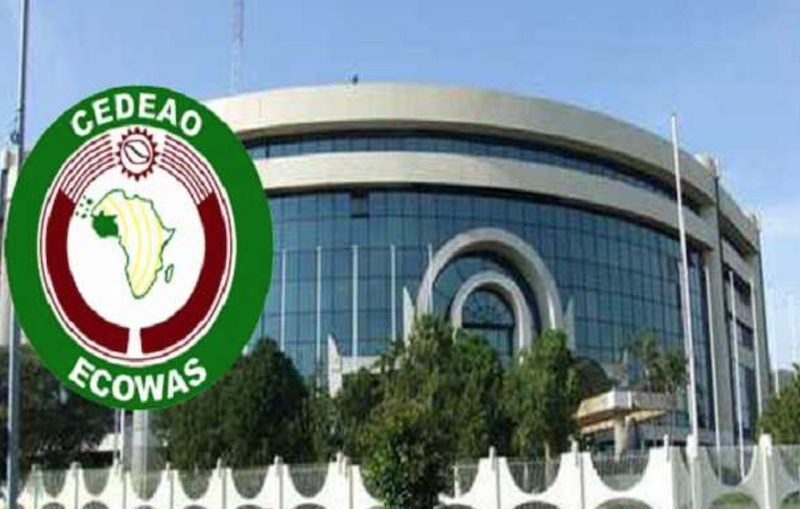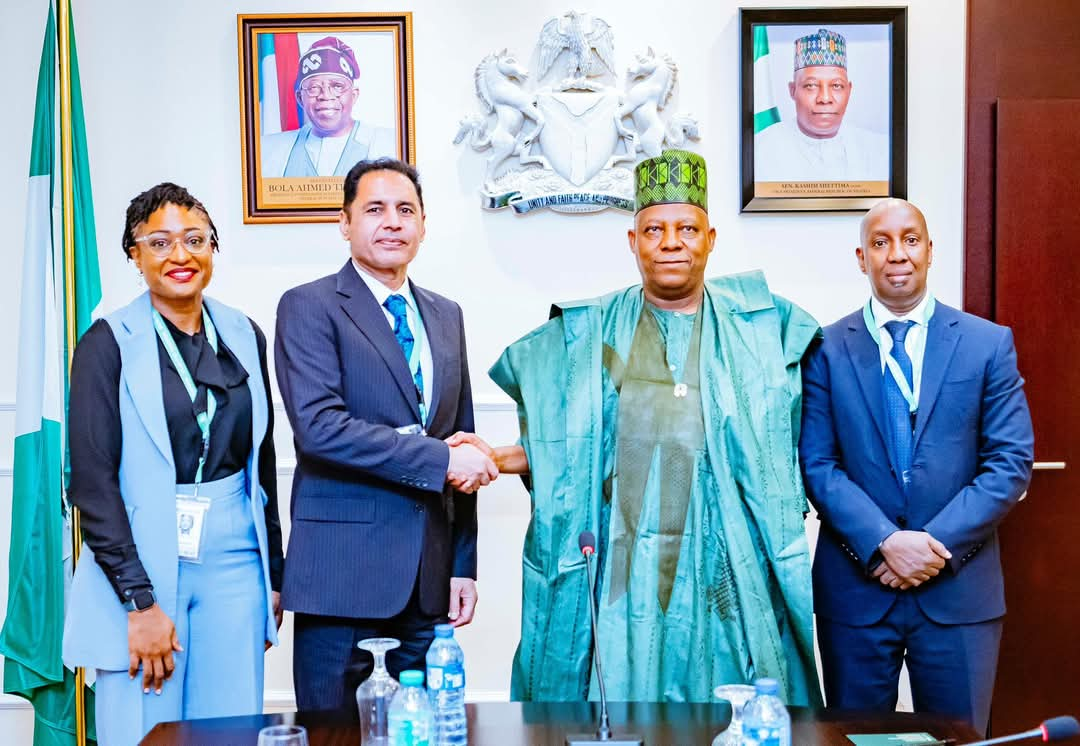…as Odinkalu, Okutepa get International acclaim for advocacy to sanitize the courts
Nigerians have continued to express concerns over issues of integrity and erosion of trust in the judiciary, urging the Chief Justice of Nigeria, Justice Kudirat Kekere-Ekun, to address the institutional problems of the third arm of government.
The call was made during a radio programme, PUBLIC CONSCIENCE, produced by the Progressive Impact Organization for Community Development, PRIMORG, on Wednesday in Abuja.
A recent investigative report by the Network of African Investigative Reporters and Editors, tagged “Breaking up the Family,” also highlighted how judges in Nigeria have been allegedly captured by political power and the myriad problems bedevilling the judiciary.
Speaking during the radio programme, Gloria Mabeiam Ballason Esq., renowned lawyer and CEO of House of Justice, identified institutional issues, including disciplining erring judges, independence of the judiciary, equality before the law, and appointments of cronies and associates of judges to the bench, among others, as some of the challenges that must be addressed urgently.
Ballason described the hobnobbing and closeness between the judiciary, the executive arm of the government, and, by extension, politicians as unsettling. She added that despite being appointed by a political leader, judges owe total allegiance to the Nigerian state, not the politician who appointed them.
She faulted the manner of disciplining judges, where erring officers were suspended and allowed to return to work after serving their punishment. While rooting for the total sack of judicial officers found wanting, she stressed that the very best should be appointed as judges and allowed to head the affairs of the judiciary.
“There are institutional issues that need to be addressed. Has the National Judicial Council (NJC) been able to do the job? And when they do their job, is the sanction sufficient for the infractions submitted? And also, have we been able to ensure that we can decisively address matters that arise regarding erring judges?
“There are sanctions that have been in accordance with the rules. What are the punishments or sanctions that are meted out for certain infractions that take place? What does the code of conduct say? For instance, when a judge is found to be corrupt, and what is done is a suspension of that judge, I do not think that’s right, because in suspending a judge and returning him thereafter, you have not purged him sufficiently. If he is found wanting in this regard, the judge loses the moral authority to preside over those kinds of judgments.
“As for the judges, the independence of the judiciary will always be tested if the code of conduct of judges does not become the guiding principle of what they do. The other aspect is the question of equality before the law, which is not just a universal concept. Still, it also has a direct link to the independence of the judiciary. The idea of equality before the law means that when you have done something wrong, you should be able to account for it.
Ballason reminded citizens of their role in ensuring the judiciary plays its expected role, saying that people are supposed to register their discontent with questionable judgments by the courts in Nigeria.
“I believe that the Nigerian people have a huge role to play because the judges are not judges of another country, they are judges of the Federal Republic of Nigeria, and no one has a higher stake than the rest of us. In the Imo state matter (Uzodinma vs Ihedioha), I expected the people to stand up and refuse the judgment because even the law should not have the power to overrule justice and what has been written,” She stated.
On his part, the Coordinator of the Network of African Investigative Reporters and Editors in Nigeria, Dr Theophilus Abbah, aligned with the call for CJN Kekere-Ekun and the National Judicial Council, NJC, to address shortcomings of the judiciary, adding that stringent sanctions against erring judges will send the right signal.
Abbah lauded the efforts of former Chairman of the National Human Rights Commission (NHRC), Prof. Chidi Odinkalu, and Jibrin Okutepa, SAN, for consistently promoting the rule of law and exposing the wrongdoing in the judiciary against great odds for decades in Nigeria.
The award winning investigative journalist called on lawyers and citizens to join forces with the duo of Odinkalu and Okutepa to speak up against the rot in the judiciary and demand accountability when necessary.
“The CJN has her job cut out for her, you have to discipline your judges that’s very important.
“I am advocating that more Nigerians should join in calling out corrupt judges and using technology, a lot of people have become careful.
We have lawyers who are not afraid of challenging judges in other African countries. We can do it here.
“Many more lawyers who understand how things are going should come out. Those who have privileged knowledge should join in.”
“We can’t be having a judiciary that is appointed by politicians. We have the wives and daughters of governors, their in-laws, and generally those close to politicians appointed. We understand that becoming a judge in Nigeria requires the recommendation of a politician, with that you will be working for those politicians, and it is not good for our democracy.
“Even the idea of saying the public should scrutinize judges, no, there are laid down procedures, requirements for becoming a judge. If the NJC follows those requirements, they will do the right thing.
On deciding elections, Abbah asserted that judges must take responsibility and must not submit to the dictates of politicians. He warned that “Judges are next to God and must be careful over their pronouncements and decisions at the court which becomes a judicial precedence at the long run.
Reacting, one of the radio listeners, Dr. Mrs Nma Olebara from Owerri had these to say: ” Nigerians have lost faith in the Judiciary because it is alleged to be bedeviled with corruption, indiscipline, lawlessness, and unwholesome practices. It has been an instrument of promotion of undemocratic principles in this country.
“Influential politicians have been using the judiciary to achieve their selfish interests, thereby frustrating genuine efforts of deepening democratic norms; and until we overhaul, cleanse, purge and reform the Judiciary, we will continue running in circles with one step forward and ten steps backward”.
It will be recalled that the CJN, Justice Kudirat Kekere-Ekun, had also called on judges of lower courts to uphold their integrity and maintain the highest standards of ethics and professionalism in the discharge of their duties.
She made the call on Monday in Abuja, while speaking at the induction of newly appointed magistrates and judges of Sharia, Area, and Customary Courts.
Public Conscience is a syndicated weekly anti-corruption radio program that draws the government’s and citizens’ attention to corruption and integrity issues in Nigeria.
The program runs in partnership with the MacArthur Foundation.

